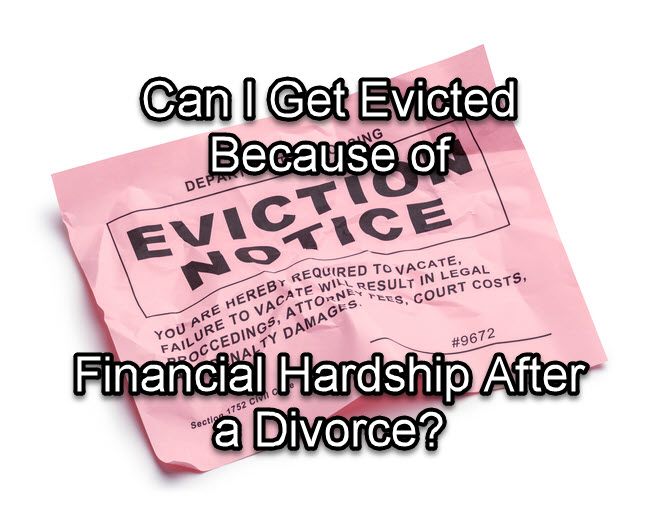Can I Get Evicted Because of Financial Hardship After a Divorce?

In the early days of the COVID-19 outbreak, New York State and the federal government adopted measures to ban evictions of renters who had lost their jobs or had their hours cut as stay-at-home orders went into effect. The eviction bans were a lifeline for many New Yorkers, including those going through divorce, which added to the pandemic-induced financial pressures.
Two years later, tenants unable to make their rent are once again subject to potential eviction. The federal moratorium expired in August 2021 and New York’s moratorium ended on January 15, 2022. However, in announcing the end of the state ban, New York Attorney General Letitia James provided guidance regarding measures that are still in place. You may be able to avoid eviction in any of these circumstances:
- You can still apply to the Emergency Rental Assistance Program (ERAP) to have the state pay your past-due rent, if you qualify.
- If you were sued for unpaid rent accrued from March 7, 2020 through January 15, 2022, you may be able to prevent eviction if you can prove that you suffered financial harm due to COVID.
- Landlords cannot charge late fees for rent that was due from March 20, 2020 through June 24, 2021 and cannot use eviction proceedings to force payment of such fees.
- Landlords cannot start an eviction case in court unless they have served you with written late notices, have given you a written demand to pay rent and then have given you 14 days to pay.
- If you pay your past due rent before the hearing date, the landlord must accept the payment and dismiss the case.
- If you have lived in a rented property for 30 days or more, the landlord cannot remove you without court approval.
- It is illegal for landlords to try to force you to leave by harassing you, turning off your utilities or otherwise interfering with your dwelling.
Finally, courts have discretion to allow you to stay in your dwelling for up to one year if there are issues like a serious illness or “extenuating life circumstances.” A lawyer can make a compelling argument that divorce should be considered an extenuating life circumstance. Going from two incomes to a single income can push a person into a situation where they can no longer pay rent.
If you are facing financial hardship due to divorce and fear that you could be evicted, the lawyers of Bryan L. Salamone & Associates, P.C. may be able to help. Call our Melville office at 1.631.479.3839 or contact us online for a free initial consultation where we can advise you of your options.





